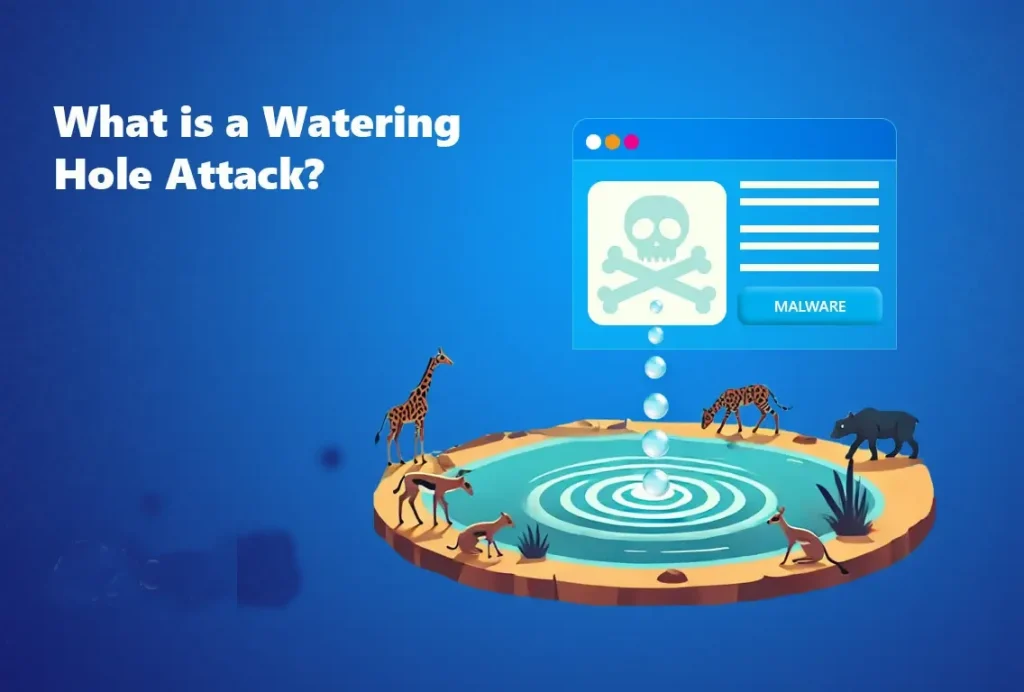- Cybercriminals are using watering hole attacks to infect high-traffic websites and gain access to victims’ systems.
- APNIC warns organisations to strengthen security measures to counter these evolving cyber threats.
What happened
APNIC has reported an increase in watering hole cyberattacks, a sophisticated hacking technique in which cybercriminals compromise legitimate websites to infect users with malware. This type of attack is particularly dangerous because it targets trusted websites frequently visited by specific organisations or industries.
Recent incidents have shown that attackers are using these tactics to distribute spyware, steal credentials, and gain remote access to enterprise networks. Once a website is compromised, visitors unknowingly download malicious software, allowing hackers to infiltrate their systems.
APNIC’s report urges organisations to remain vigilant, conduct regular security audits, and implement advanced threat detection systems to protect against such attacks.
Why it’s important
Watering hole attacks are a growing cybersecurity concern due to their ability to target large groups of users while remaining undetected for long periods. Unlike phishing attacks that require victims to click on suspicious links, these attacks exploit websites people already trust, making them particularly effective.
As businesses and government agencies rely more on web-based platforms, securing online infrastructure is critical. Companies must adopt stronger web security measures, monitor traffic for suspicious activities, and educate users about cyber risks to reduce exposure to such threats.

